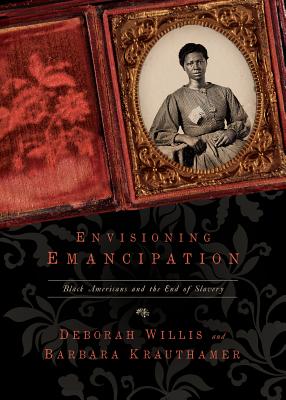
Healy, Thomas
product information
description
1
A New York Times Book Review Editors' Choice
The fascinating, forgotten story of the 1970s attempt to build a city dedicated to racial equality in the heart of "Klan Country" In 1969, with America's cities in turmoil and racial tensions high, civil rights leader Floyd McKissick announced an audacious plan: he would build a new city in rural North Carolina, open to all but intended primarily to benefit Black people. Named Soul City, the community secured funding from the Nixon administration, planning help from Harvard and the University of North Carolina, and endorsements from the New York Times and the Today show. Before long, the brand-new settlement - built on a former slave plantation - had roads, houses, a health care center, and an industrial plant. By the year 2000, projections said, Soul City would have fifty thousand residents. But the utopian vision was not to be. The race-baiting Jesse Helms, newly elected as senator from North Carolina, swore to stop government spending on the project. Meanwhile, the liberal Raleigh News & Observer mistakenly claimed fraud and corruption in the construction effort. Battered from the left and the right, Soul City was shut down after just a decade. Today, it is a ghost town - and its industrial plant, erected to promote Black economic freedom, has been converted into a prison. In a gripping, poignant narrative, acclaimed author Thomas Healy resurrects this forgotten saga of race, capitalism, and the struggle for equality. Was it an impossible dream from the beginning? Or a brilliant idea thwarted by prejudice and ignorance? And how might America be different today if Soul City had been allowed to succeed?member goods
No member items were found under this heading.
Return Policy
All sales are final
Shipping
No special shipping considerations available.
Shipping fees determined at checkout.







